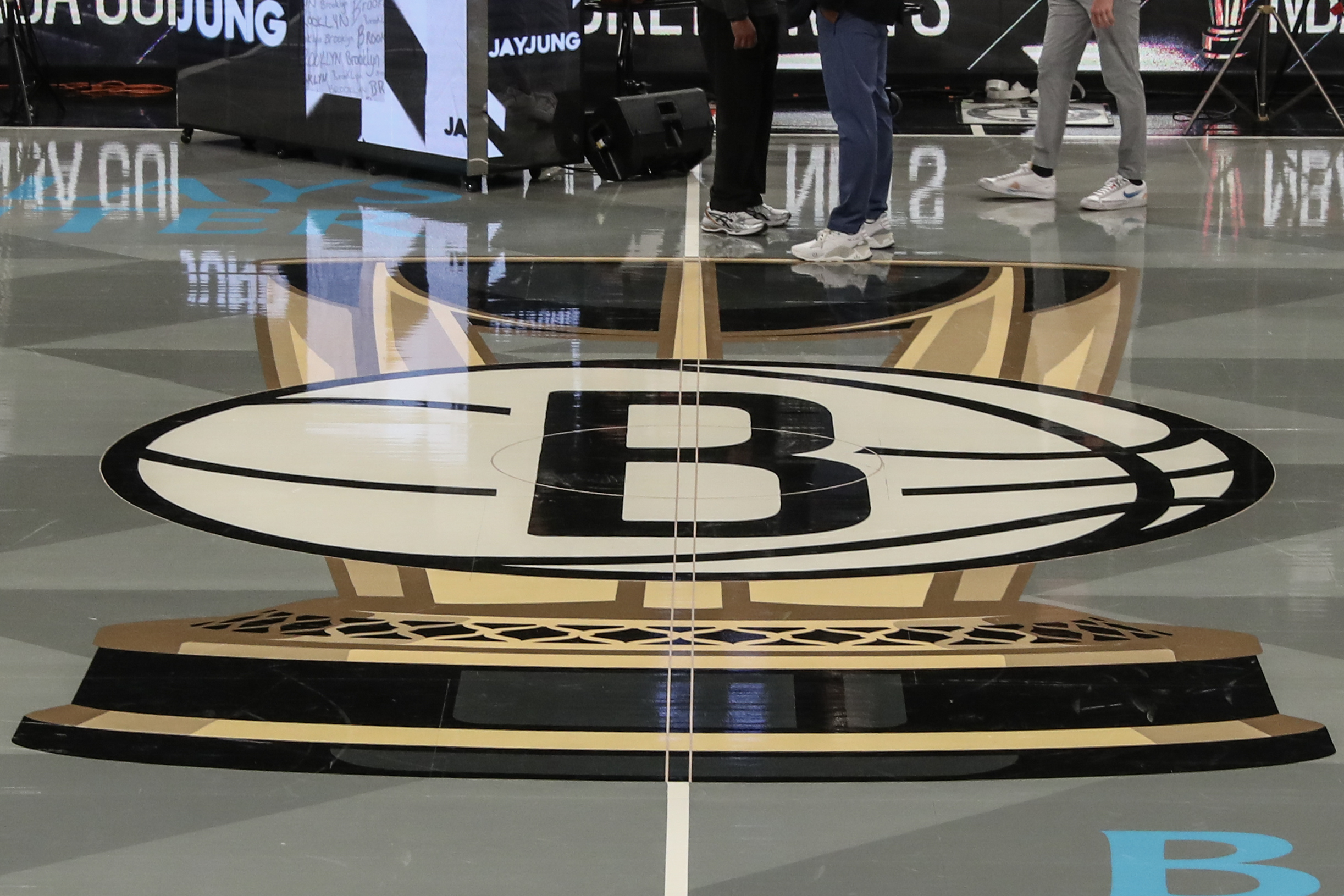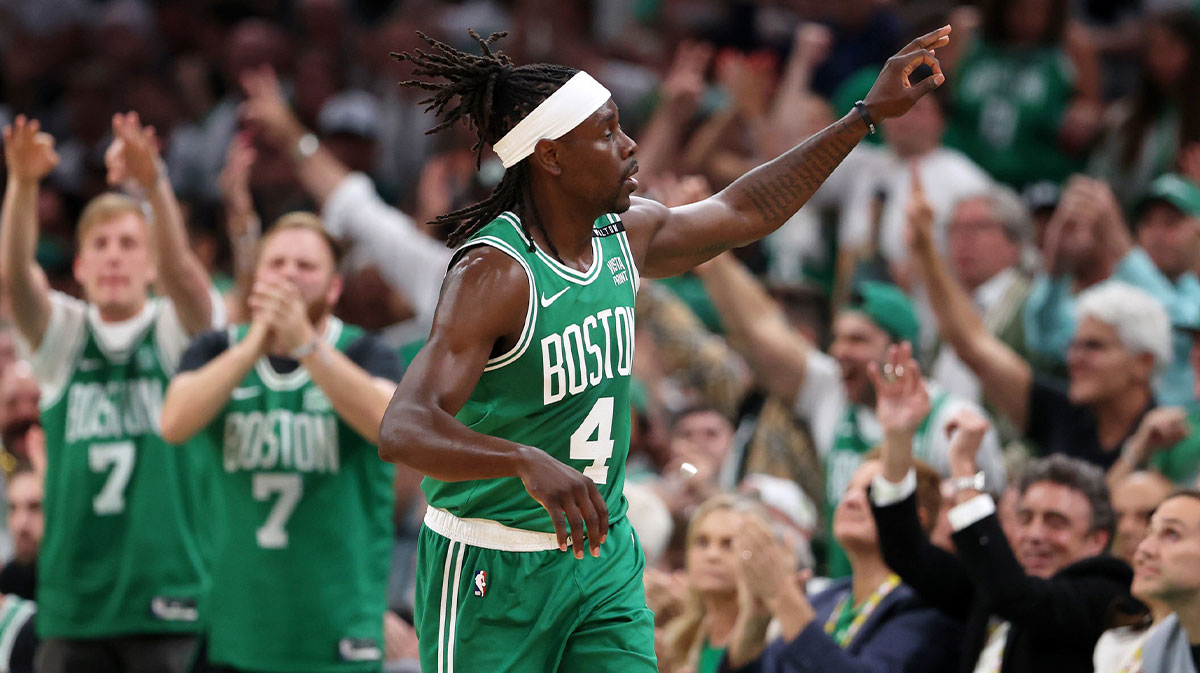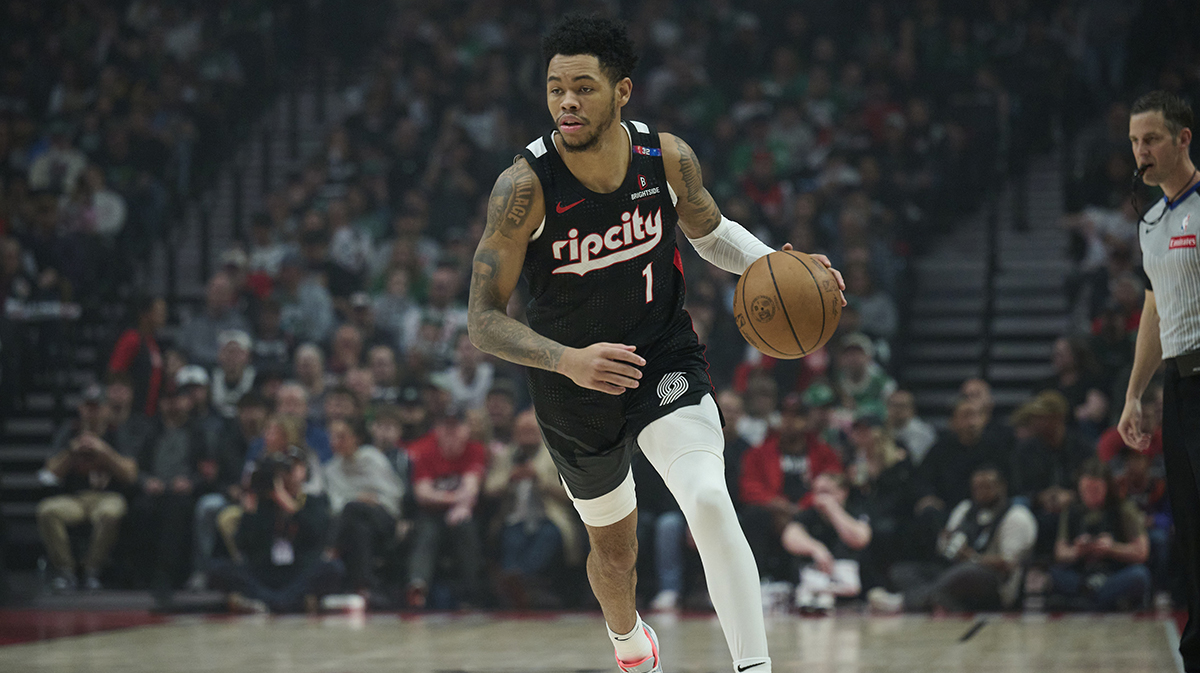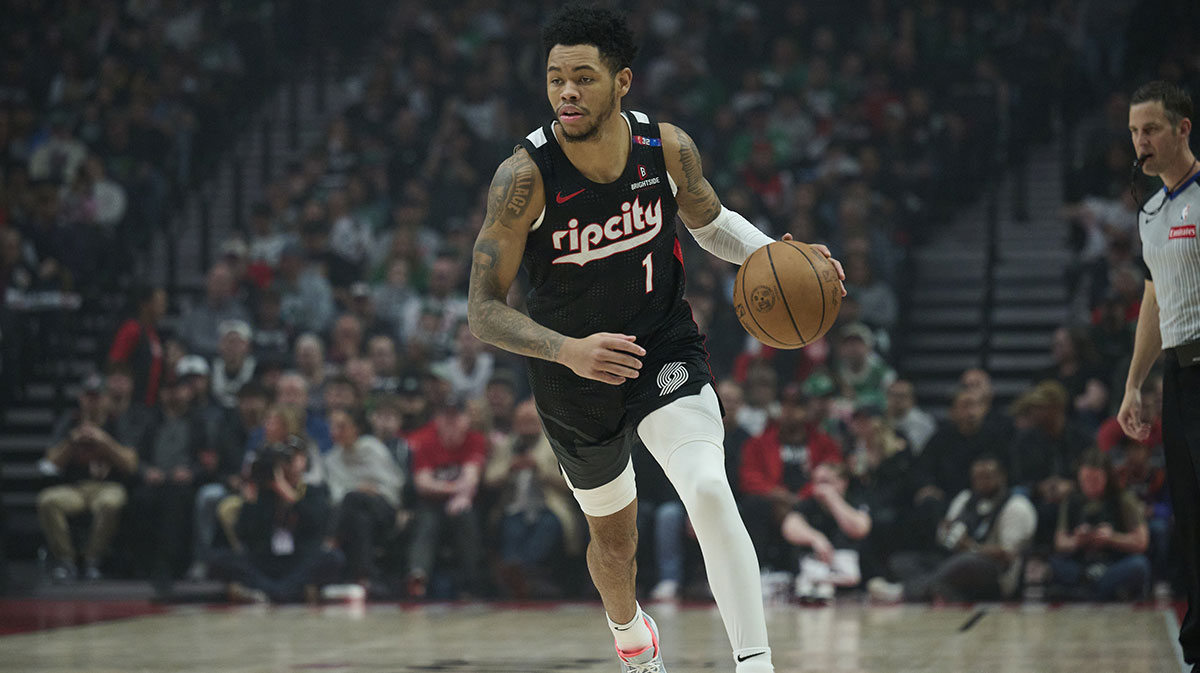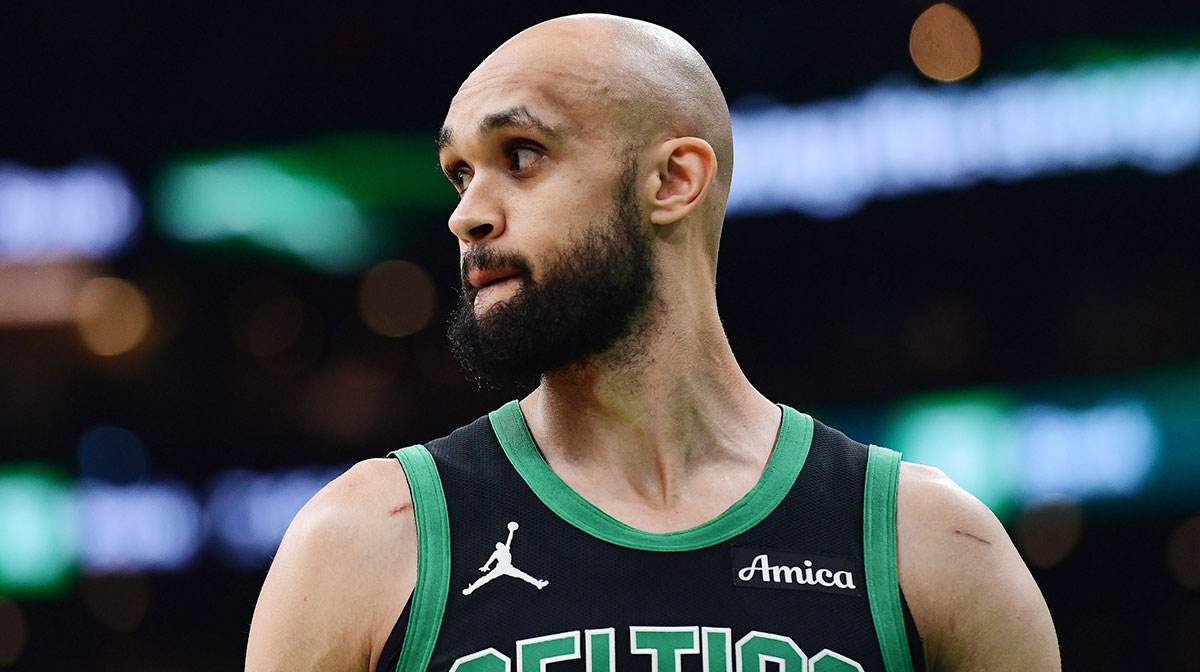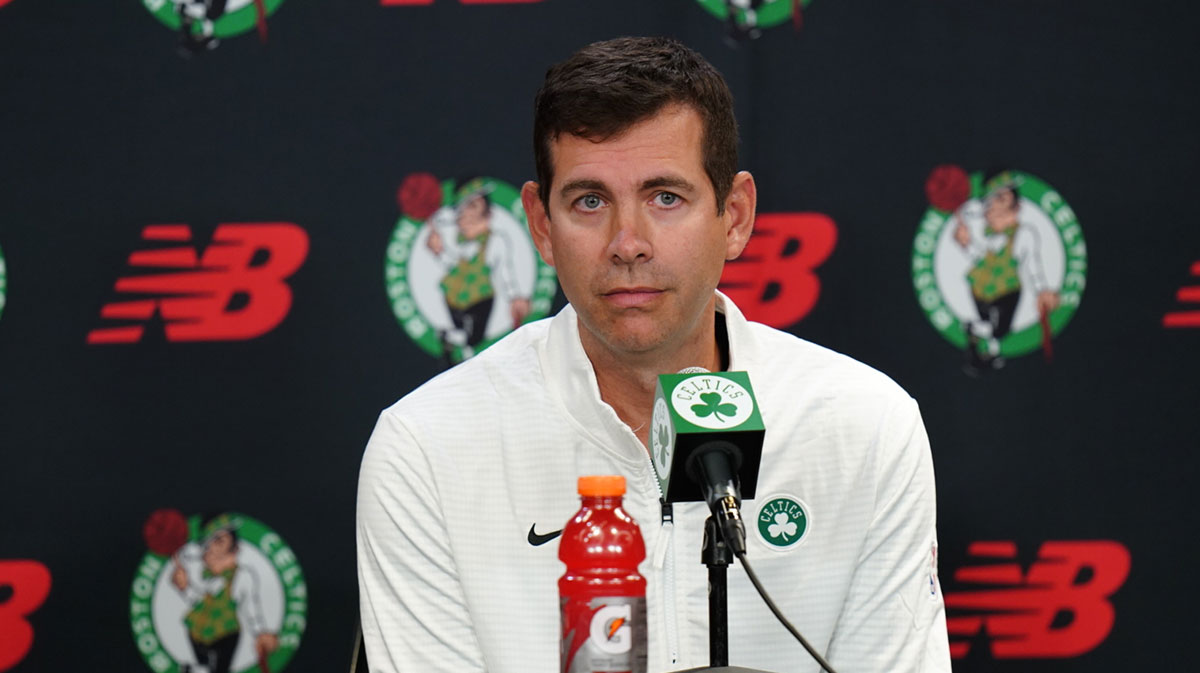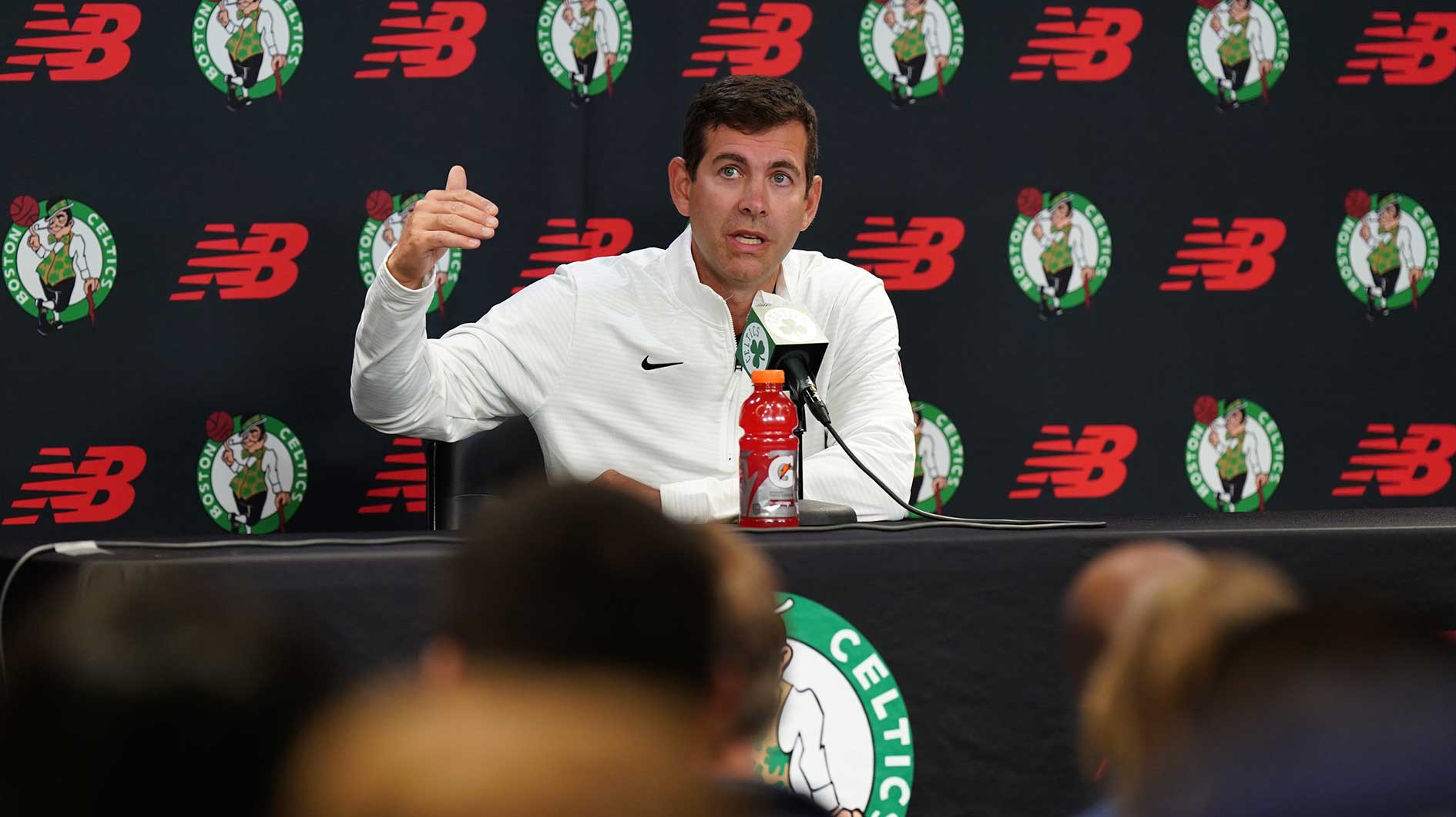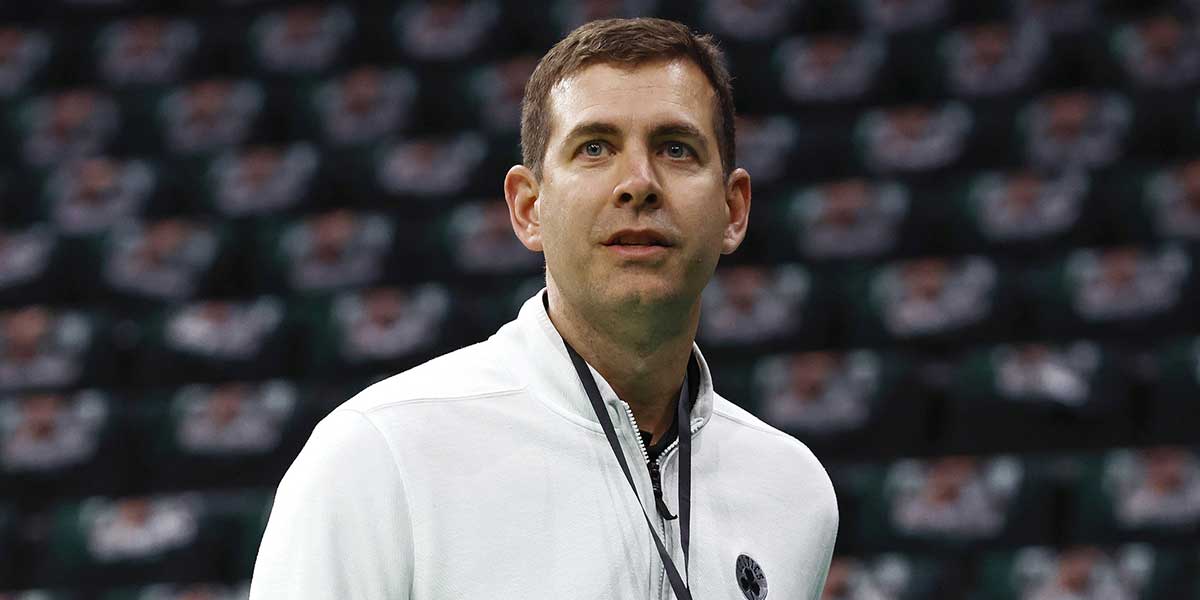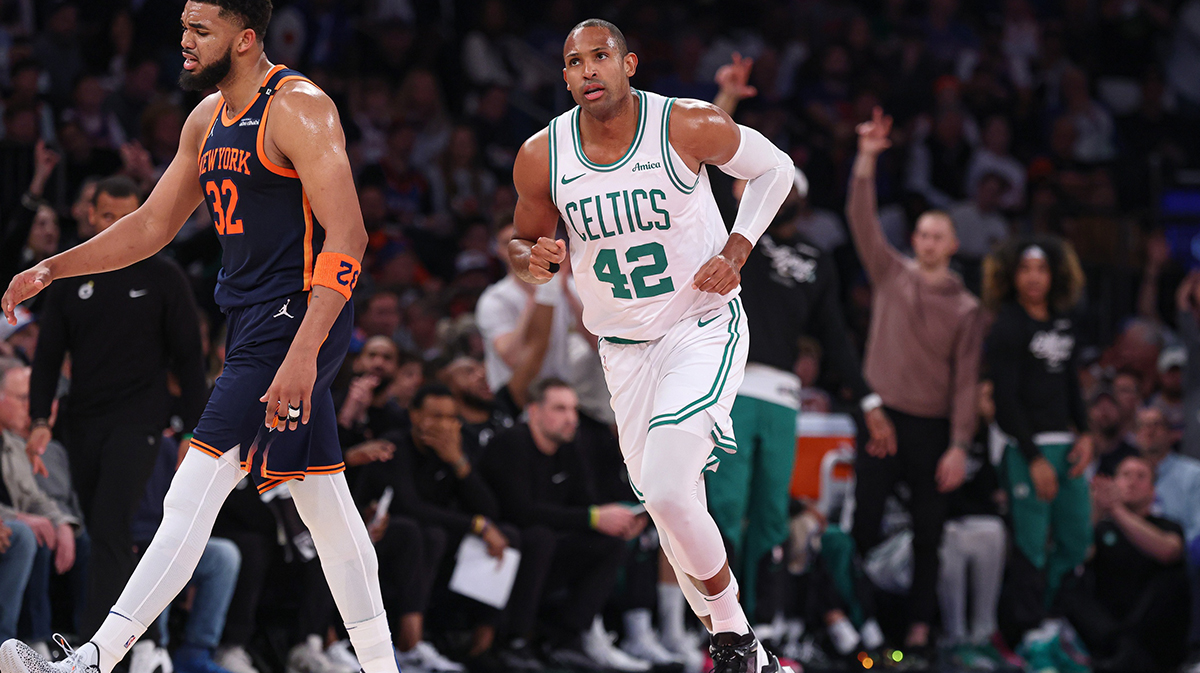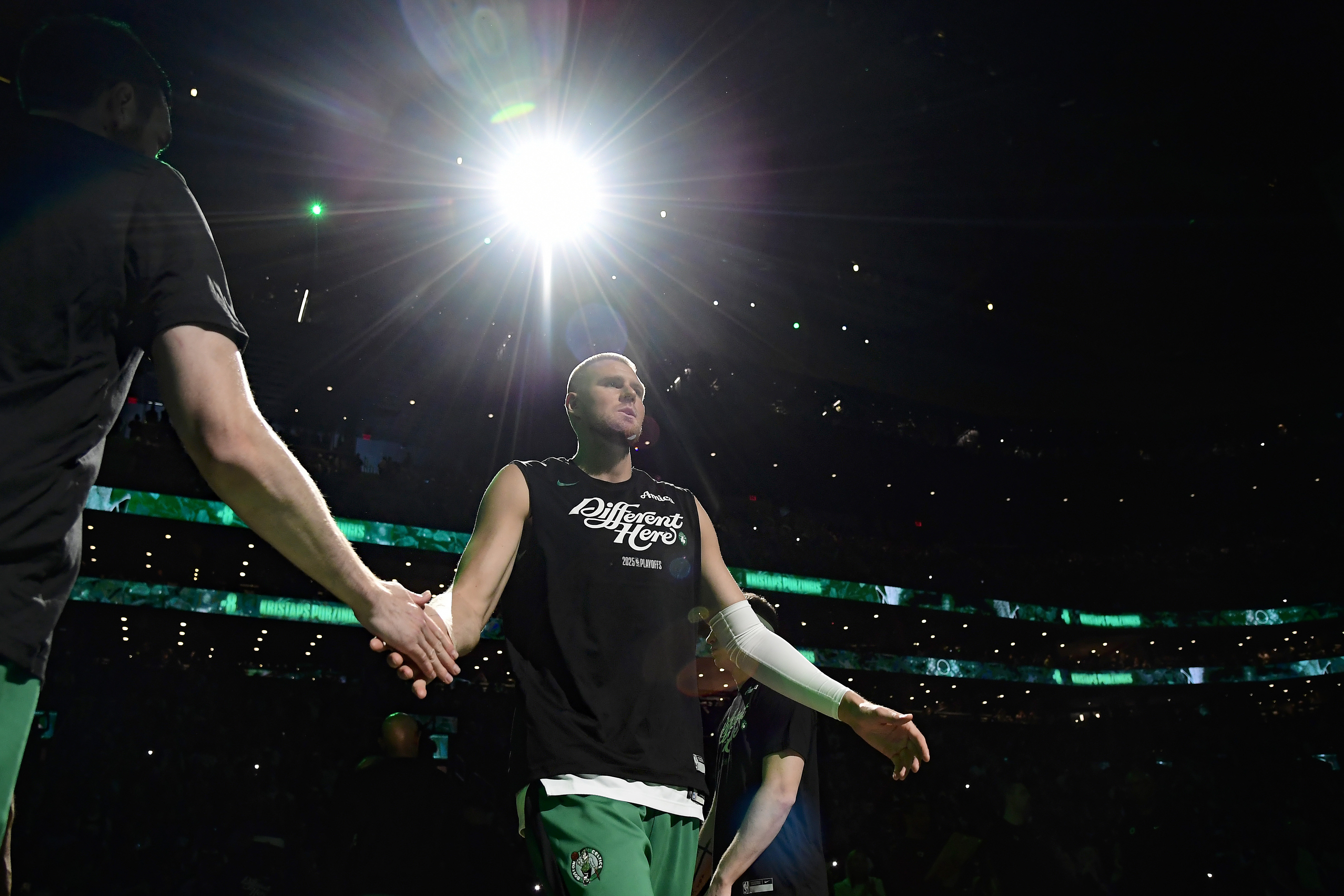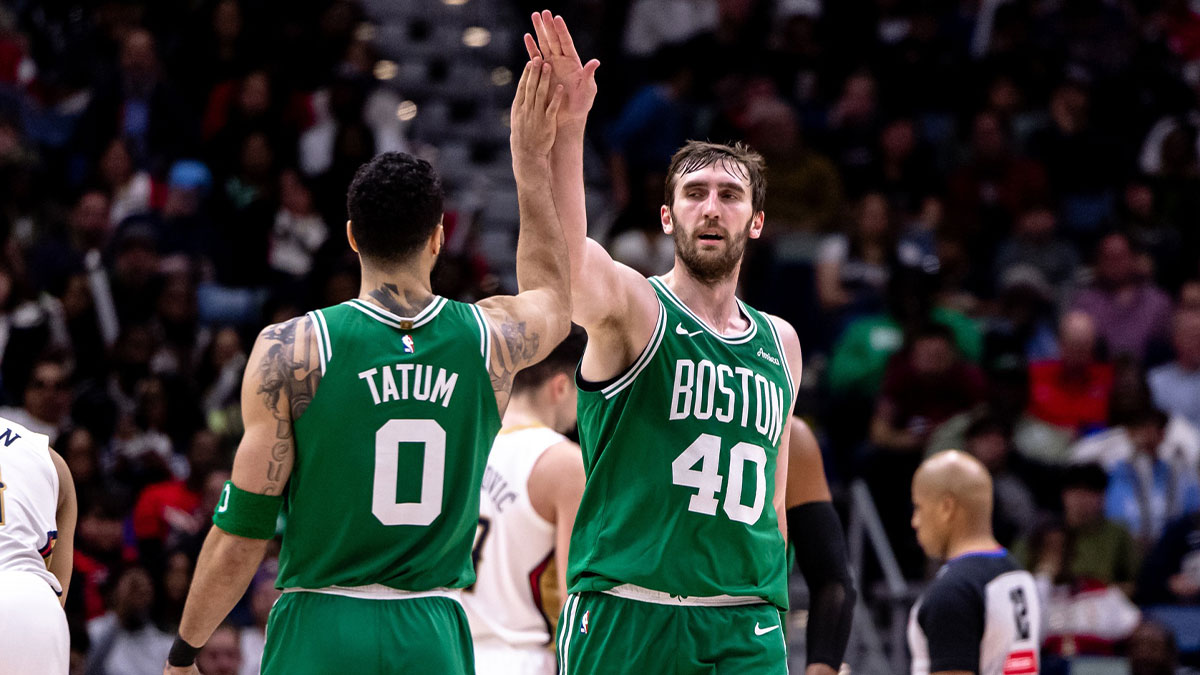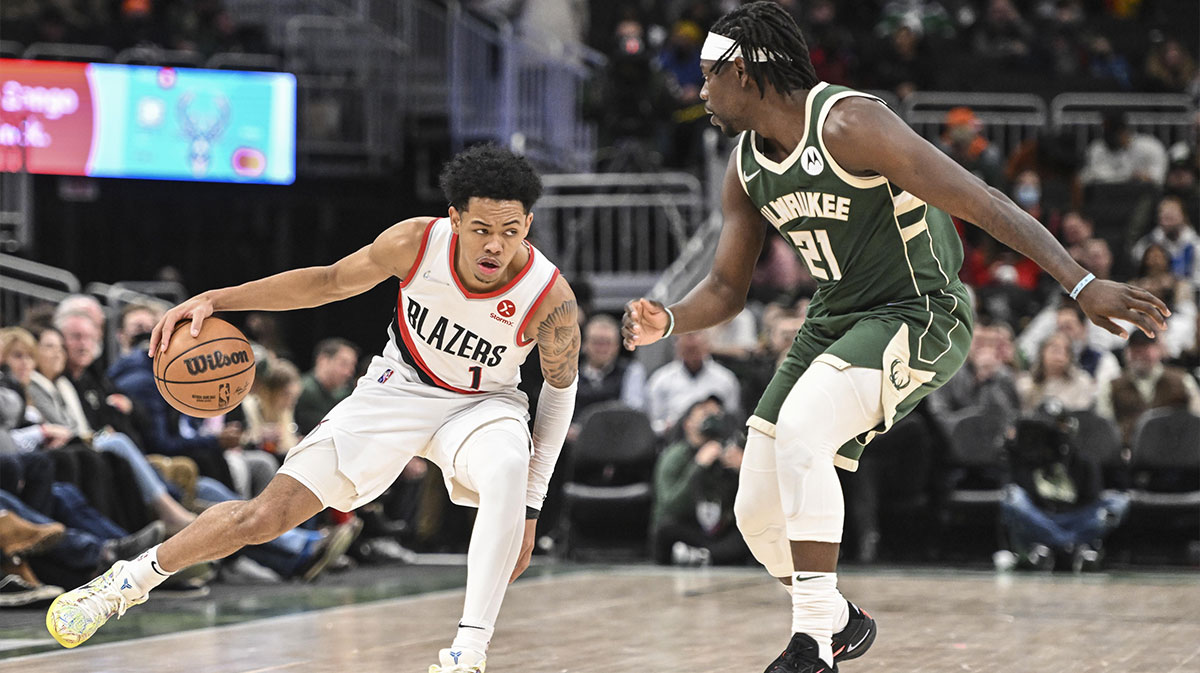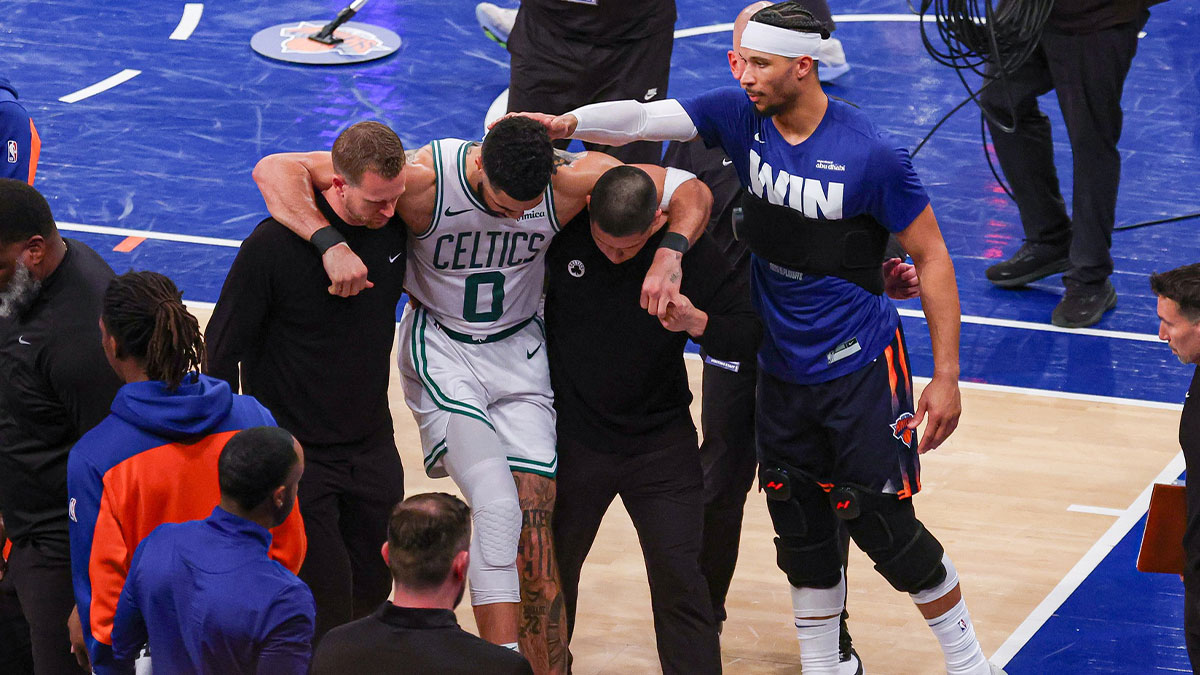Part three of the NBA Finals matchup between the Golden State Warriors and the Cleveland Cavaliers is starting to emerge as a true rivalry in the NBA history books.
Although this is not about a player vs. player matchup, this rivalry is the best connection with past rivalries that has been seen in recent history. Everyone knows or remembers the great rivalries between the Boston Celtics and the Los Angeles Lakers, between Boston and the Detroit Pistons during the Bad Boys era, and partly between the Chicago Bulls and the Utah Jazz, even though that rivalry was drastically one-sided.
One key member of the old-school rivalry culture in the NBA is former Houston Rockets coach, Kevin McHale. McHale is currently an analyst for NBATV, and he reminisced about his playing days for the Boston Celtics and the big-time rivalry with the Lakers.
“But really, the Lakers-Celtics was the birth of the NBA and the average fan across the country was that Larry-Magic time. It was completely unique unto itself.”
The whole Bird versus Magic rivalry was actually what the common fan found most fascinating, and it was the most common NBA discussion at the time – “who is better?”
The teams met three times in four years, from 1984 to 1987, and the Lakers won two out of those three meetings, with Boston winning in only 1984. It is worth noting that this year's NBA Finals between the Warriors and the Cavs is the first time in NBA history that the same two teams have been in the Finals three years in a row. Ironically, what actually got in the way of LA and Boston achieving that some 30 years before today, was the upset by Hakeem-led Rockets in 1986. In that year, in the Western Conference Finals, the Rockets won the series 4-1 over the Lakers but lost in the Finals to the Celtics 4-2.
It is beautiful to reminisce about what some consider to be the golden age of NBA basketball; an era also known as the boom in rivalry popularity brought forth by the on-court play by the Celtics and Lakers.
“It was like somebody seeing color TV for the first time,” McHale added in the same interview. “There was a whole different vibe that had nothing to do with the game. It was the NBA just growing. It’s different. That was like watching the moon walk. There’s never another thing like that. That was just amazing.”
What McHale conveys about the rivalry makes complete sense and a thank you to all the players involved in these epic Finals duels is definitely warranted by any young NBA fan today. If it was not for them and what they brought to national TV, and the level of basketball that was played at the time, who knows if the NBA would have ever been as ubiquitous as it is today.

